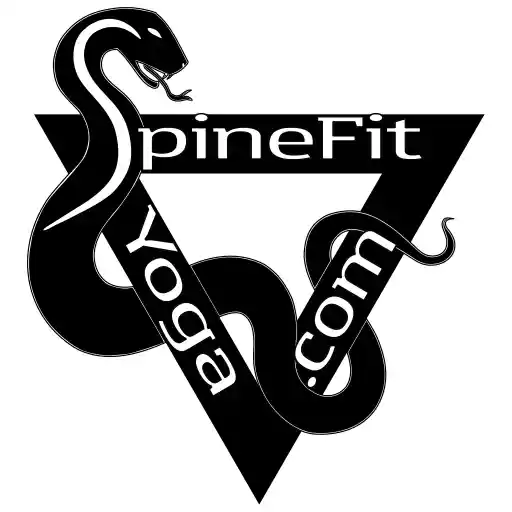Abstract
Intermittent fasting (IF) is neuroprotective across a range of insults, but the question of whether extending the interval between meals alters neurogenesis after ischemia remains unexplored. We therefore measured cell proliferation, cell death, and neurogenesis after transient middle cerebral artery occlusion (MCAO) or sham surgery (SHAM) in mice fed ad libitum (AL) or maintained on IF for 3 months. IF was associated with twofold reductions in circulating levels of the adipocyte cytokine leptin in intact mice, but also prevented further reductions in leptin after MCAO. IF/MCAO mice also exhibit infarct volumes that were less than half those of AL/MCAO mice. We observed a 30% increase in basal cell proliferation in the hippocampus and subventricular zone (SVZ) in IF/SHAM, relative to AL/SHAM mice. However, cell proliferation after MCAO was limited in IF mice, which showed twofold increases in cell proliferation relative to IF/SHAM, whereas AL/MCAO mice exhibit fivefold increases relative to AL/SHAM. Attenuation of stroke-induced neurogenesis was correlated with reductions in cell death, with AL/MCAO mice exhibiting twice the number of dying cells relative to IF/MCAO mice. These observations indicate that IF protects against neurological damage in ischemic stroke, with circulating leptin as one possible mediator.
My comments:
I have already talked a bit about decreasing neuronal damage in stroke models in animals with caloric restriction and intermittent fasting with benefits leaning towards fasting being more protective than calorie restriction. However this was an interesting study for me for a few other reasons.
First the cell proliferation after the stroke was less in intermittent fasting (IF) mice than in ad libitum mice (AL), which to me sounds worse for fasting, but the researchers reported that this was due to their being a lot less cell death secondary to the stroke in the fasting mice in the first place. They also reported they thought the protective benefits of fasting diets was likely mediated by leptin in the blood, which was less at baseline in the fasters but increased after the stroke was induced. While in the AL mice leptin was higher at baseline but dropped off dramatically after the stroke was induced. Functionally the impairments after the stroke were considerably worse in the AL group in comparison to the fasters.
What was particularly interesting was that rather than using an every other day feeding form of intermittent fasting (which I expect no human would want to do for long) they did an 8 hour window of eating every day followed by a 16 hour fast, which is a type of intermittent fasting which has been termed “time restricted feeding” where you eat only during certain hours each day. This is similar to the Fast 5 diet I’m trying out right now, which differs only slightly in that it’s a 5 hour eating window rather than an 8 used in this study. The researchers in this study reported that the strain of mice used is the C57BI67, which I’m not sure if it’s the same or not as the C57B/6, but it sounds pretty close. The latter strain of mice when put on alternate day feeding, at almost twice as much such that they didn’t lose weight, but still had neuroprotective benefits. This study where the mice ate every day in the 8 hour window did eat less and did have lesser weight in comparison the AL mice. Such that the authors thought this type of diet would perhaps give the best of both worlds, combining the health benefits of both intermittent fasting and caloric restriction. So I think that may be an advantage for the “time restricted feeding” as compared to the “every other day” fasting schedule. I’m on day 28 of what I decided will be a 41 day fast and so far, subjectively for me, time restricted feeding isn’t really that difficult.
The downside of this study was that the fasting was done for 3 months prior to the stroke so it does not say as to whether fasting after a stroke has any benefits. I would expect starting a fast after suffering a stroke would be too late to prevent neuronal damage but I would expect it to result in further neuronal survival later on and prevent additional neuron loss normally associated with age and/or if there is a 2nd stroke. Also this study is done on mice rather than people as people don’t usually want to be given a stroke just to see what happens. The good news is that most of the metabolic benefits seen with caloric restriction/intermittent fasting in animals, for the most part, does seem to hold true for humans when tested.
Thanks for reading my blog. If you have any questions or comments (even hostile ones) please don’t hesitate to ask/share. If you’re reading one of my older blogs, perhaps unrelated to neck or back pain, and it helps you, please remember SpineFit Yoga for you or someone you know in the future.
Chad Reilly is a Physical Therapist, obtaining his Master’s in Physical Therapy from Northern Arizona University. He graduated Summa Cum Laude with a B.S. Exercise Science also from NAU. He is a Certified Strength and Conditioning Specialist, and holds a USA Weightlifting Club Coach Certification as well as a NASM Personal Training Certificate. Chad completed his Yoga Teacher Training at Sampoorna Yoga in Goa, India.

Leave a Reply